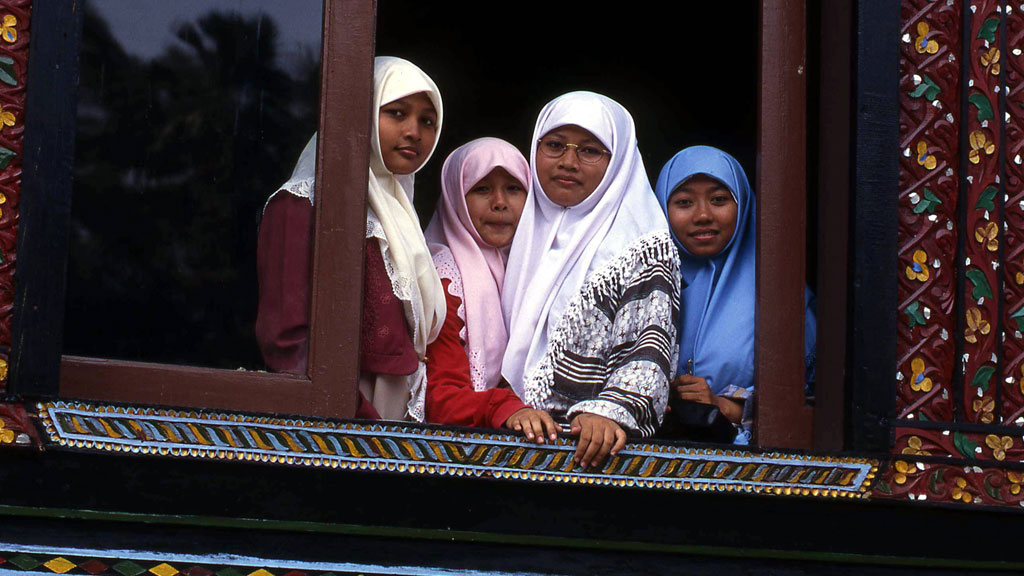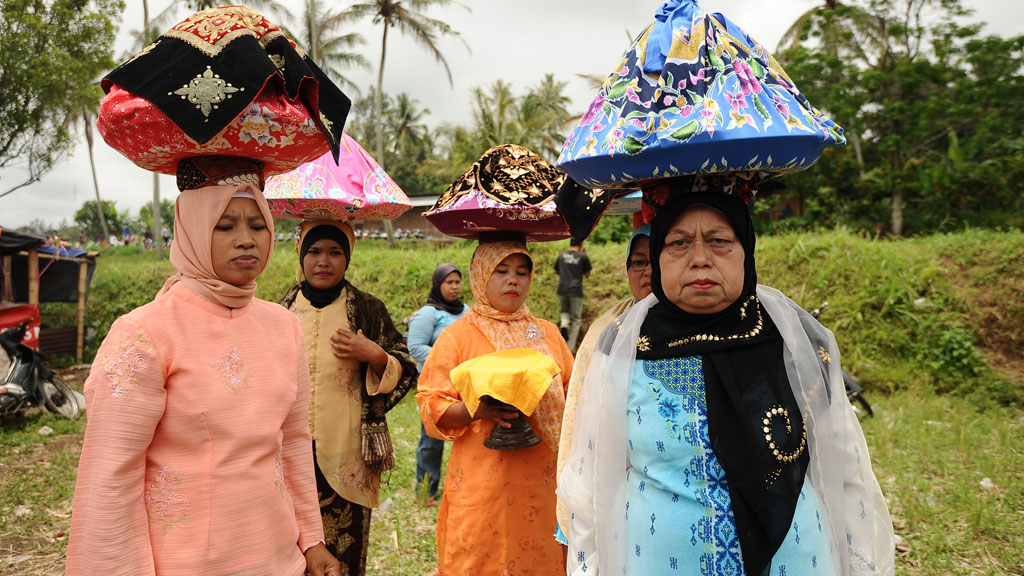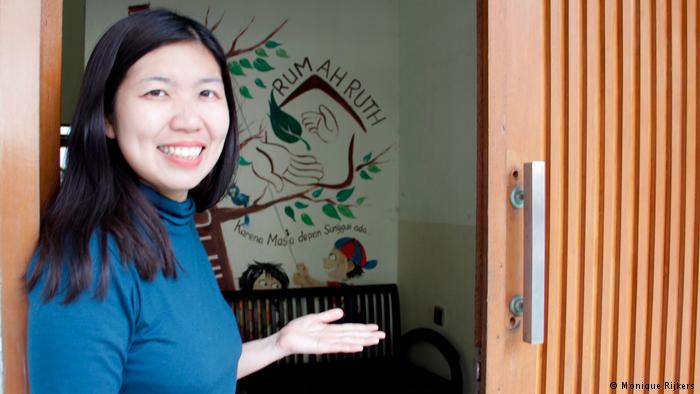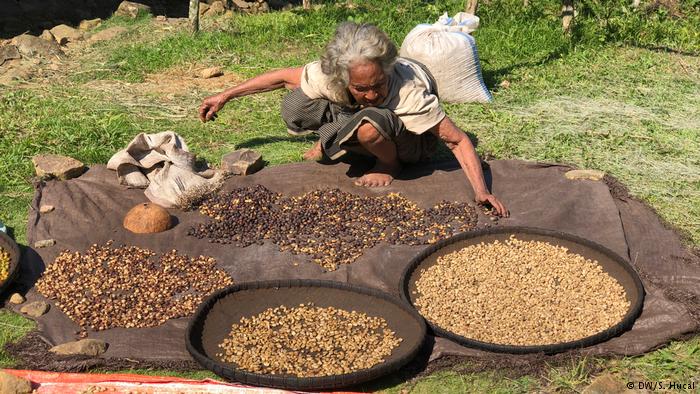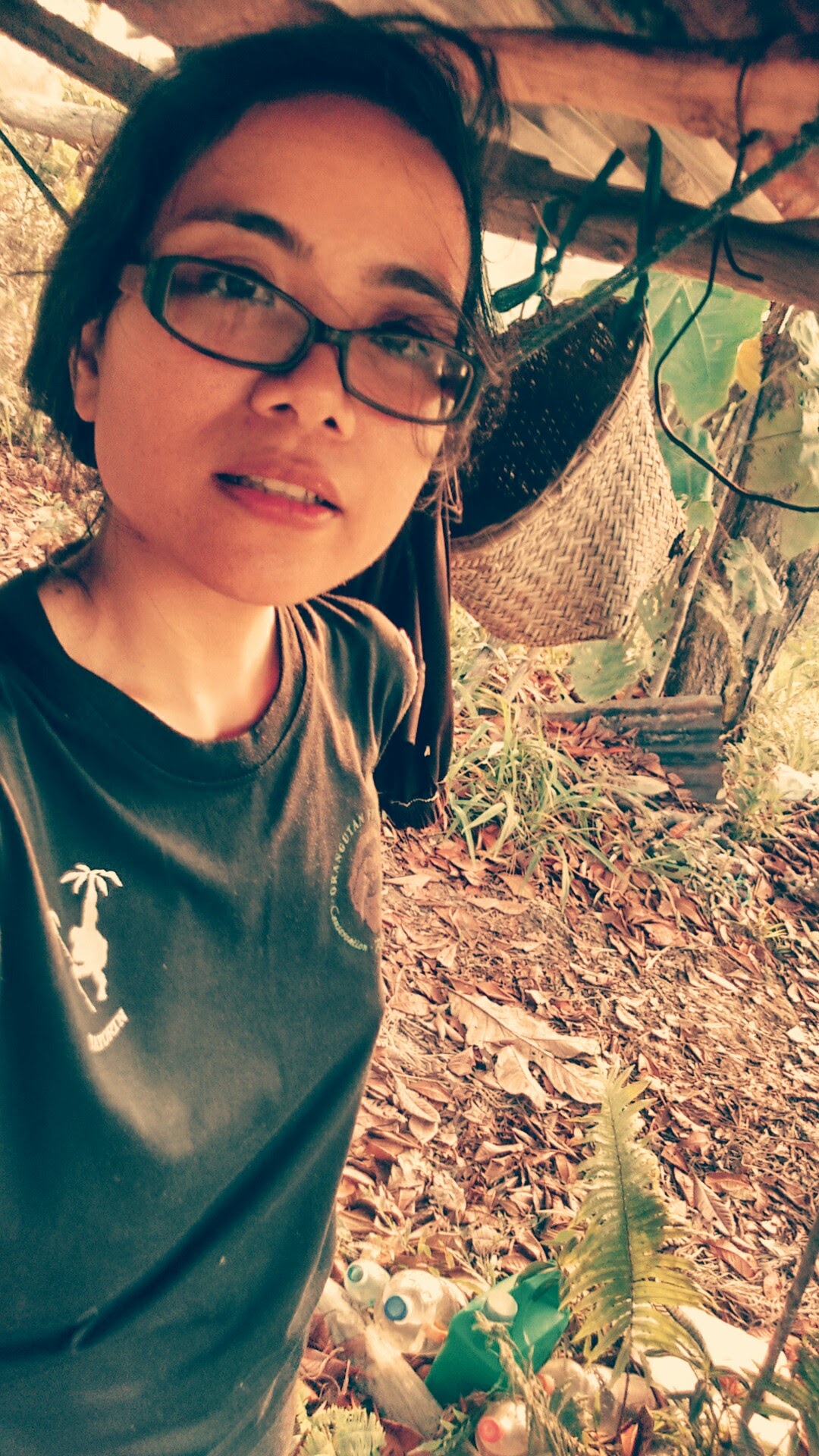Property passes on to daughters in the Minangkabau society
If we look for news about women on the internet, we find a lot of stories about violence against women and girls. It is said that in some societies women literally do not have any value, for example in the case of the two Dalit girls in Uttar Pradesh, India, who were gang-raped and hanged by men from a higher caste. It is also said that their attitudes towards women is deeply rooted in their traditions.
On the other hand matrilineal societies, where descent is traced through the mother and maternal ancestors, also exist in this world, and have done so maybe as long as those traditions that discriminate women.
Matrilineal societies
In these societies property, such as land, is handed down from mother to daughter, whereas men are sometimes responsible for leadership, managing properties, or doing work with practical skills. In some matrilineal societies men are also responsible for religious affairs, whereas in some others women are responsible for religious affairs as well. So in matrilineal societies women have certain rights automatically.
That does not mean that violence against women has never happened in a matrilineal society. It does sometimes but not because women have no rights. In a matrilineal society women are respected by men because both men and women have equal power. Let us take a closer look on one of these societies.
The Minangkabau
With more than five million people, the Minangkabau are the largest matrilineal society in the world today. They are indigenous to the Minangkabau highlands of West Sumatra, Indonesia, but live in other parts of Indonesia and other countries in Southeast Asia as well. The Minangkabau are strongly Islamic but also follow their ethnic traditions.
In this society women hold authority in private and domestic life while men take the political and spiritual leadership roles. The clan chief is always male but selected by the women. They can also remove him if they think that he has failed to fulfill his duties. Moreover, they play an important role in the implementation of the decisions made by men for the society. For this reason women in the Minangkabau tradition are called the main pillar or the house.
In a traditional Minangkabau family, when a woman gets married, she will get her own room in the large house of her mother’s family. Her husband can sleep with her during the night but has to leave in the morning and eat breakfast in the house of his mother. So men have basically two homes.
At the age of 10 boys leave their mothers house and start to live in men’s quarters which are normally located beside a mosque. There they learn practical skills and religious teachings. On the contrary, girls always stay in their mother’s house, which they will inherit someday.
The separation of powers
The separation of powers in the Minangkabau society makes both genders feel equal. Women know their rights and important roles, and this makes them confident enough to face men as equal partners. On the other hand, ever since they were boys, men are used to seeing women, most of all their mothers, as important persons who must be respected. But women in a matrilineal society only have this special status because they are in charge of the property of the family.
Let us turn our eyes to the women living in societies where they suffer severe violations of their rights. What would happen if these women inherited property legally like their sisters in matrilineal societies? That will not protect them from being raped or beaten up by their husbands. That would not guarantee their right to an education or to vote in an election. That would also not guarantee their rights to have their own opinions or express themselves. But that would theoretically limit male chauvinism in their societies. Maybe it would be a start.
Author: Marjory Linardy
Editor: Grahame Lucas



